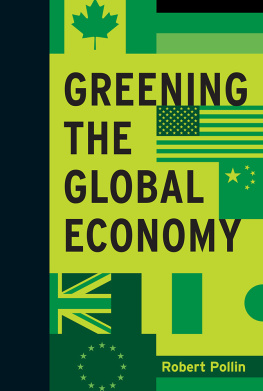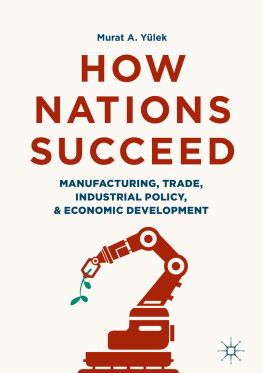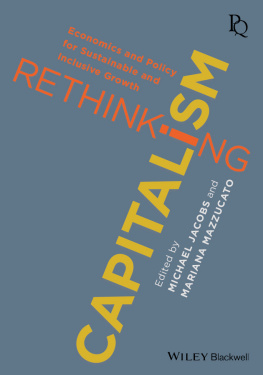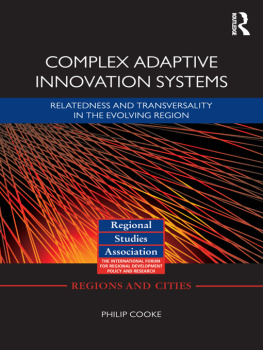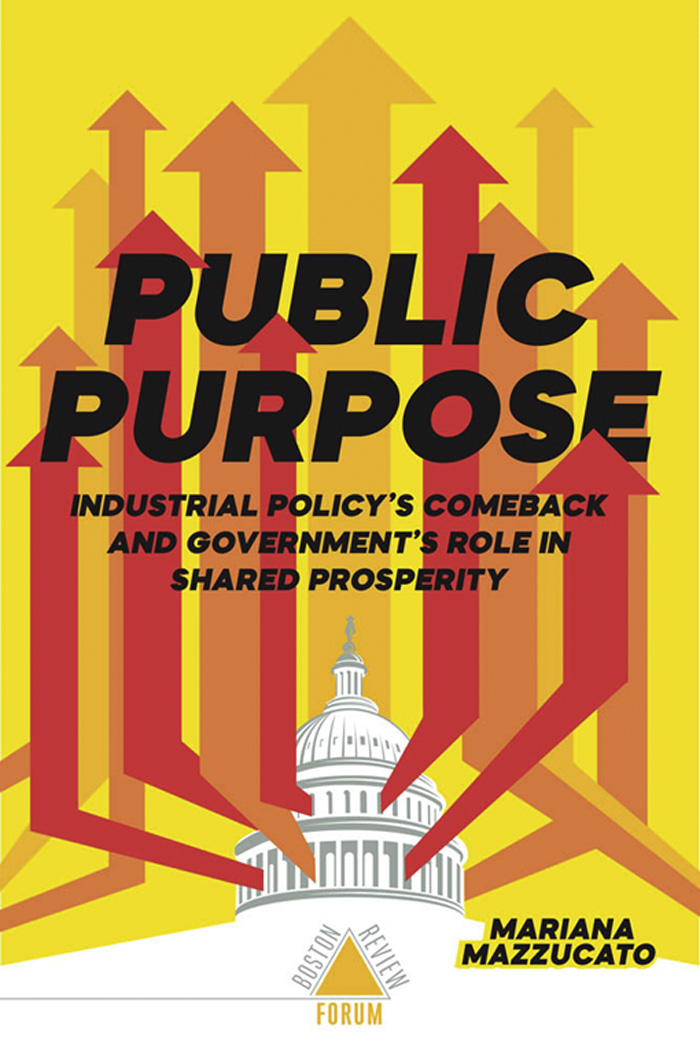Contents
Guide
Editors-in-Chief Deborah Chasman & Joshua Cohen
Managing Editor and Arts Editor Adam McGee
Senior Editor Matt Lord
Engagement Editor Rosie Gillies
Manuscript and ProductionEditor Hannah Liberman
Contributing Editors Adom Getachew, Walter Johnson, Amy Kapczynski, Robin D. G. Kelley, & Lenore Palladino
Contributing Arts Editor Ed Pavli & Ivelisse Rodriguez
Editorial Assistants Lauren Fadiman & Yiyun Tom Guan
Marketing and Development Manager Dan Manchon
Special Projects Manager Mara Clara Cobo
Finance Manager Anthony DeMusis III
Printer Sheridan PA
Board of Advisors Derek Schrier (Chair), Archon Fung, Deborah Fung, Alexandra Robert Gordon, Richard M. Locke, Jeff Mayersohn, Jennifer Moses, Scott Nielsen, Robert Pollin, Rob Reich, Hiram Samel, Kim Malone Scott
Interior Graphic Design Zak Jensen & Alex Camlin
Cover Design Alex Camlin
Public Purpose is Boston Review Forum 19 (46.3)
This book was developed in collaboration with American Affairs.
The lead forum essay from Mazzucato et al. is adapted from the research article Challenge-Driven Innovation Policy: Towards a New Policy Toolkit, published in the Journal of Industry, Competition and Trade in 2020.
To become a member, visit
bostonreview.net/membership/
For questions about donations and major gifts,
contact Dan Manchon,
For questions about memberships, call 877-406-2443
or email .
Boston Review
PO Box 390568
Cambridge, ma 02139
issn : 0734-2306 / isbn : 978-1-946511-65-2
Authors retain copyright of their own work.
2021, Boston Critic, Inc.
d_r0
EDITORS NOTE
Deborah Chasman & Joshua Cohen
in the early 1980 s , some observers concerned about the state of the U.S. economy thought that the remedy might be industrial policygovernment-directed efforts to promote structural economic change through strategic investment. The idea went nowhere. In what became the standard dismissal, economist Charles Schultze wrote that the government should not try to determine the allocation of resources to individual firms and industries. We have enough real problems, he said, without creating new ones. The state, in short, could not match the market's miracles.
For decades, Schultze's criticism of industrial policy could simply be grabbed off the shelf because industrial policy was so deeply at odds with the reigning market fundamentalism. Frozen out of the corridors of domestic power in the United States, at odds with the global Washington Consensus, the idea became, as the International Monetary Fund put it in 2019, the policy that shall not be named.
In fall 2020, Boston Review and American Affairs convened a small conference about the possibility of a bipartisan revival of industrial policy. We did not anticipate that, just a few months later, industrial policy would be on the political table, as the conversation sped from Why is industrial policy such a bad idea? to How should it be done, and in service of what aims? This book reflects that sea change.
Leading off a forum, economist Mariana Mazzucato and colleagues lay out an industrial policy agenda organized around ambitious missions. As they see it, yesterday's industrial policysupporting this or that firm or industryis misguided. We must think in much bolder terms: to set ambitious goals, marshal resources and build new organizational capacities in service of those goals, measure progress in achieving them, and make sure that the state reaps some rewards for its efforts.
But ambitious national policies can leave out lots of people and places. So we also feature a forum on economic development in our communities. Rejecting what he calls the specious attractions of Silicon Valley, political scientist Dan Breznitz looks to alternative models for fostering innovation to produce long-term, local, and, above all, inclusive prosperity.
A sure sign of a vibrant debate on a consequential topic is that people disagree. Respondents from across the political spectrum press for more details and offer some of their own: What goals? Who sets them? What are the cautionary tales of failure, and where are the relevant models of success? Together these contributions represent a decisive break from decades of market fundamentalism. In its place, they arguewith passion and a compelling sense of urgencyfor putting public purpose at the center of our politics and policy.
FORUM
ECONOMIC
POLICY
WITH A
MISSION
Mariana Mazzucato, Rainer Kattel,
& Josh Ryan-Collins
when president joe biden campaigned last year under the slogan Build Back Better, he signaled a break with decades of economic thinking that prescribed a limited government role in the economy. As the New York Times put it, Biden's proposal to cut carbon emissions in half by 2030 is perhaps the greatest bet in recent American history on what economists call industrial policy, the idea that the government can steer the development of jobs and industries in the economy.
The United States is not alone. Countries throughout Europe and elsewhere are increasingly turning to the view that governments should use industrial policy to tackle grand challenges. Recognizing this trend, the International Monetary Fund issued a report in 2019 called The Return of the Policy That Shall Not Be Named: Principles of Industrial Policy.
Why could this policy not be named? The short answer is that industrial policy was one of the many casualties of an international shift in economic policy that began in the 1980s and flourished under the administrations of Ronald Reagan in the United States and Margaret Thatcher in the United Kingdom. The emergent sensibilitywhat we now call neoliberalismwas codified in 1989 in the Washington Consensus, which championed privatization, deregulation, and free trade. Along with these central pillars came an emphasis on low budget deficits, independent central banks focused on low inflation, and the liberalization of trade and foreign direct investment. This outlook was deeply confident in markets and deeply skeptical of government action, beyond the state's limited role in enforcing property rules and investing in education and defense. On the basis of an exhaustive review of the experience of developing economies during the last thirty years, the World Bank summed up in the early 1990s, attempts to guide resource allocation with nonmarket mechanisms have generally failed to improve economic performance.
Today it is precisely those market mechanisms that appear not to have delivered on their promise. An equally exhaustive review of the experience of several advanced economies during the last few decadesfrom the 2008 financial crisis, populist challenges to globalization, and vast increases in economic inequality to decaying infrastructure, climate change, and the broader pursuit of short-term profit at the expense of long-term investmenthas badly tarnished the reputation of neoliberal market fundamentalism. Under this regime, modern capitalist markets have proven themselves unable to create an even distribution of wealth and income, ecological sustainability, affordable shelter and health care, and a sufficient number of high-quality middle-class jobs. Amidst this policy crisis, industrial policy is making a comeback, shaping high-level discussions at the intersection of trade policy and economic growth on subjects from artificial intelligence to climate change.


